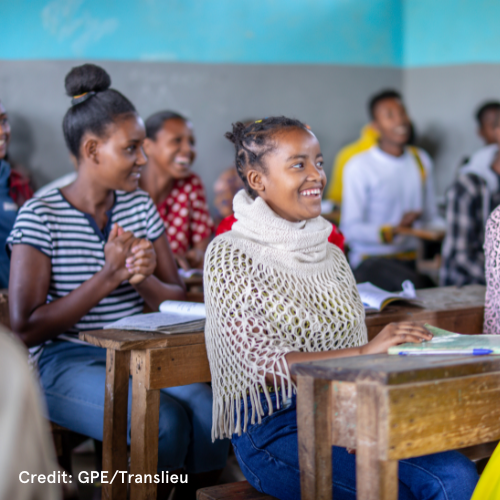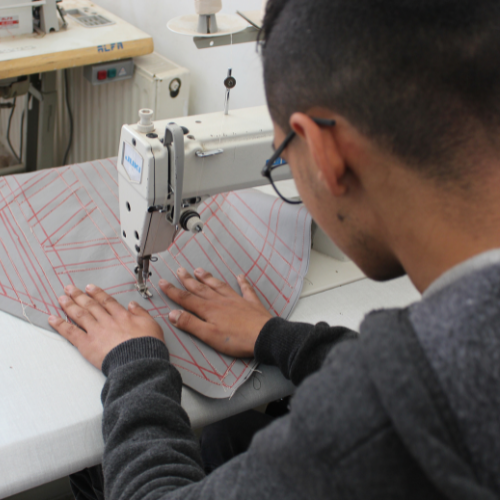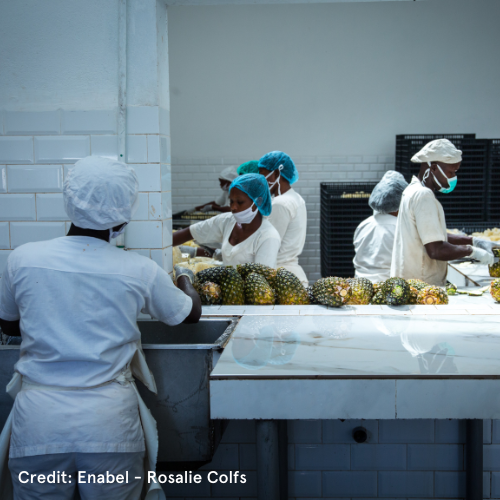Watch the recordings & download the presentations
The International Labour Organization (ILO) defines decent work as “productive work for women and men in conditions of freedom, equity, security and human dignity”. From early childhood to lifelong learning, quality education is considered crucial for gaining access to decent work. SDG4 is seen as a catalyst for achieving SDG8, which focuses on promoting full and productive employment and decent work for all.
However, the ILO’s 2023 World Employment and Social Outlook report paints a worrying picture of the progress made. And this, despite the fact that worldwide education levels are on the rise. It shows that all is not well in the world of work and that the status quo must be challenged and changed. While these poor results cannot simply be attributed to education systems failing to play their catalytic role, they do trigger critical questions:
- Which education interventions are successful in smoothening young people’s school-to-work transitions and moving them into higher quality work, including through formal employment, rewarding entrepreneurship, …?
- When designing interventions, which features should education practitioners and policymakers incorporate to drive positive outcomes for young people in the world of work?
- Which conditions need to be created – and by whom – to ensure that well-designed education interventions can have an optimal catalytic effect for all young people?
























